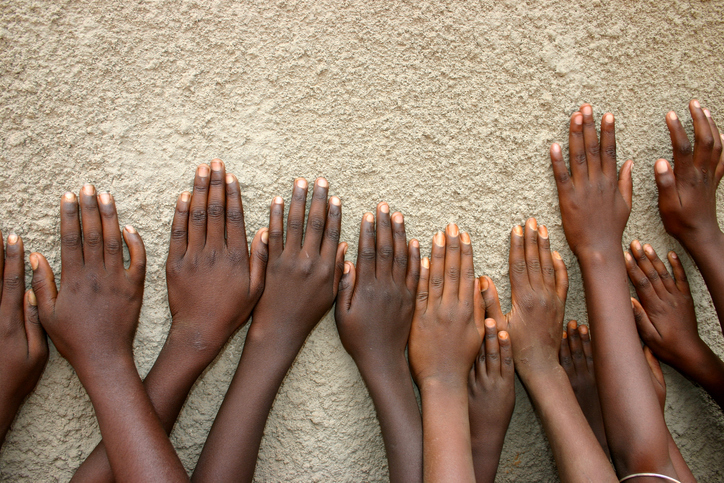In 1994, one of the world’s worst atrocities left more than 800,000 people dead in what is known today as the Rwandan genocide.
In just 100 days, hundreds of thousands of people who were members of the Tutsi community were murdered by ethnic Hutu extremists.
As a result of the genocide that wiped out nearly 20 percent of the population and displaced millions more, there was widespread destruction across the country.
The World Health Organization at the time revealed that the recommended vaccinations for children fell below 25 percent. Fewer than one in four children were vaccinated against measles, polio, and rubella. Rwanda’s under the age of 5 mortality rate was the highest in the world.
Related Post: Black-Owned Coffee Company Inspired By The Women In Rwanda
But within 20 years, the life expectancy of people more than doubled between 1995 and 2011 after Rwandan officials turned to vaccination. As a result of their determination, Rwanda is on the brink of becoming the first country in the world to wipe out cervical cancer.
Here’s how.
In 2010, Rwanda’s government decided to make preventing cervical cancer a top health priority by partnering with the pharmaceutical company Merck. Through collaboration, young girls were offered the opportunity to be vaccinated against human papillomavirus (HPV), which causes cervical cancer.
This was the first time an African country embarked on a national prevention program for cervical cancer, as reported in Mosaic Science.
Related Post: These African Cities Should Be On Your 2019 Travel Bucket List
Cervical cancer is the most common cancer in Rwandan women. A closer look at the numbers worldwide ranks cervical cancer as the fourth most common cancer in women. In 2018 alone, there were more than 570,000 new cases and more than 310,000 deaths.
Historically, Sub-Saharan Africa has lagged behind the rest of the world in introducing the HPV vaccine and routine screenings. Part of the reason is that almost all cases of cervical cancer are caused by HPV, one of the most common sexually transmitted diseases.
Critics argued the vaccine would promote sexual activity.
“Initially, when the HPV vaccine was introduced in different countries, there were differences of opinion on whether to focus on HPV and how it’s transmitted, or to focus on the fact that HPV leads to cancer and this vaccine will prevent cancer,” Mark Feinberg, the former chief public health and science officer at Merck, told Mosaic Science. “Rwanda emphasized cancer prevention. It sought to communicate that the vaccine is here to protect young women from cervical cancer.”
Despite the push back from critics, The Ministry of Health reports that 93 percent of girls now receive the vaccine. The success in getting girls vaccinated has boosted confidence that the country is making rapid progress towards eliminating the disease.
“We are working on our goal. We put our people first,” said Health Minister Dr. Diane Gashumba.
